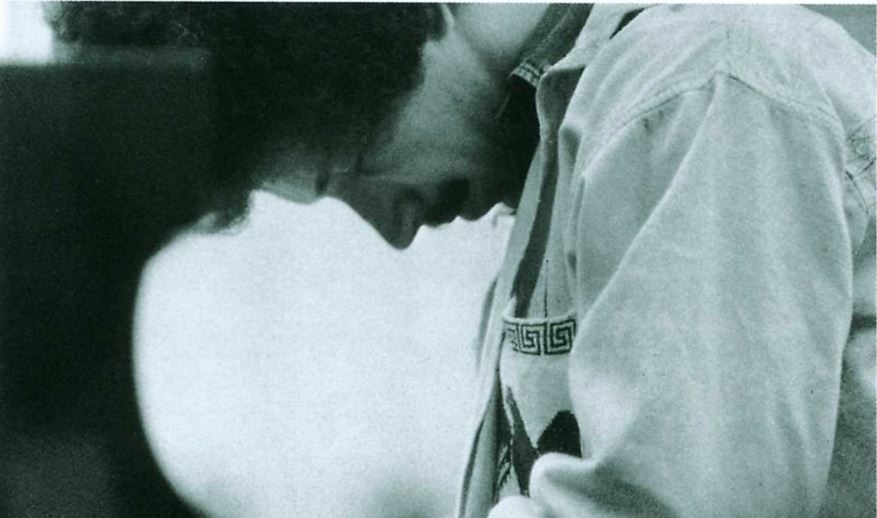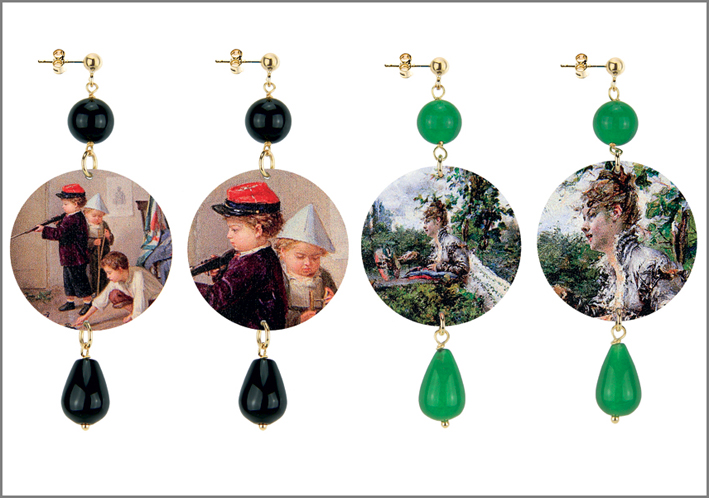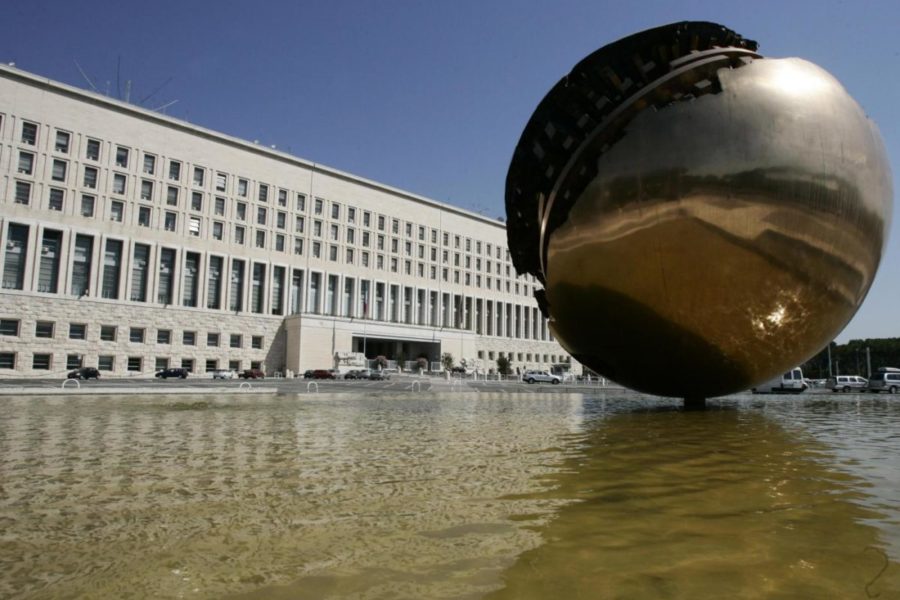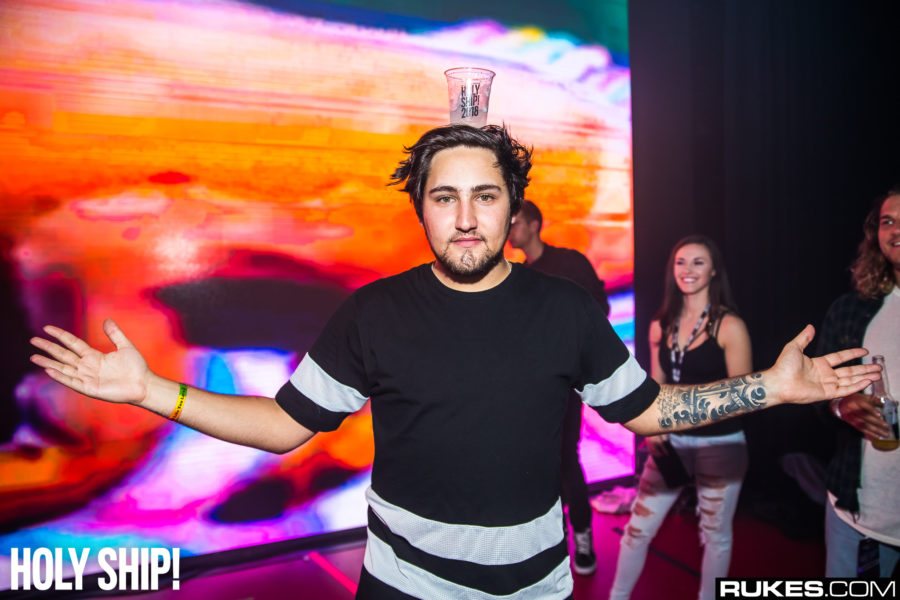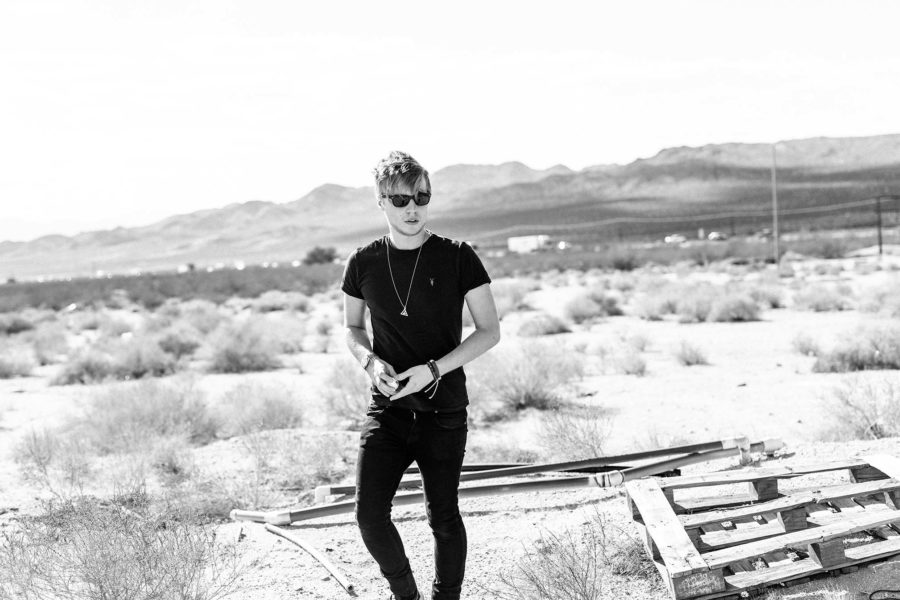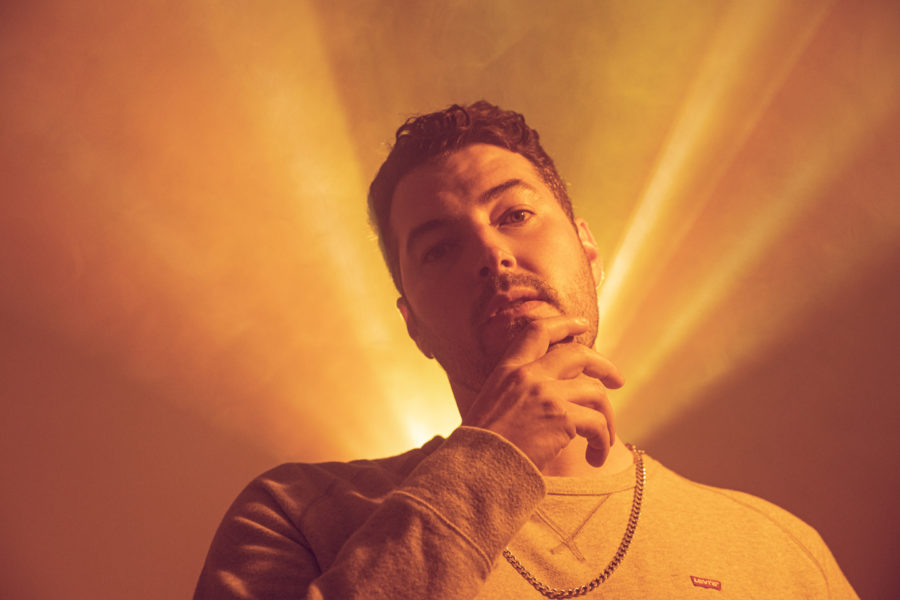Take an American pianist from thirty years. Then take a not tuned piano, with a broken pedal. Put everything to the Opera Cologne Haus. What will come, unexpectedly, it’s sublime.
That young pianist is Keith Jarrett, rare talent who has already played with big artists, like Miles Davis, Art Blakey, an absolute champion capable of extraordinary things. That piano is a Bösendorfer, collected behind the scenes of the Opera Cologne Haus, not the plan of his choice. Who knows Jarrett also knows his extravagances, the his restless, meticulous and unpredictable nature, an artist capable of giving up the stage for a hit by coughing in the hall. However, Jarrett still sits on the piano, it is January 24, 1975, nobody knows exactly what is going to happen. Jarrett’s improvisation exceeds all possible expectations jazz notes follow one another fluid, soft and unexpected, leaving you to see all the classic influences and gospel of the artist. It’s an intimate session, Jarrett and the Bösendorfer melt in a single storm of emotions, free from metric structures, light and overwhelming notes. While the tool gives up
to his artistic genius, Jarrett must have rethought the words of Gershwin: life is very similar to
jazz, it gets better when you improvise. There is nothing between Jarrett and the instrument, they are not there sheet music, neither times nor sequences, there are only two of them mixed in an extraordinary whole: it is pure expression, it is pure freedom. The recording of that magical night will become one of the biggest jazz record hits of all time, over 3 and a half million albums sold. It’s not a casuality.
Listening to The Köln Concert is an almost transcendental experience, rejoins the listener with the purer and visceral nature of jazz music. 45 years later that recording is here at remind us that despite our continued obsession with control, predictability, structures and the calculated risks, it is in the most unexpected emotions, in the sudden revelation of a state of mind, in the courage to explore new worlds, that life shows itself to us in all its beauty. The success by The Köln Concert is the symptom of the unbridled need to return to enchantment in a world
disenchanted. Entering The Köln Concert in a specific and predefined category is a destined enterprise to fail, because the whole session is a journey that crosses different worlds, full of nuances, which arouses a boundless variety of emotions. Jarrett shows us, in this path, that nature human is made up of a multitude of souls who live in us and flow over us in a stream
I continue, which only the art of great geniuses like Jarrett can transmit.
Claudio D’Angelo

